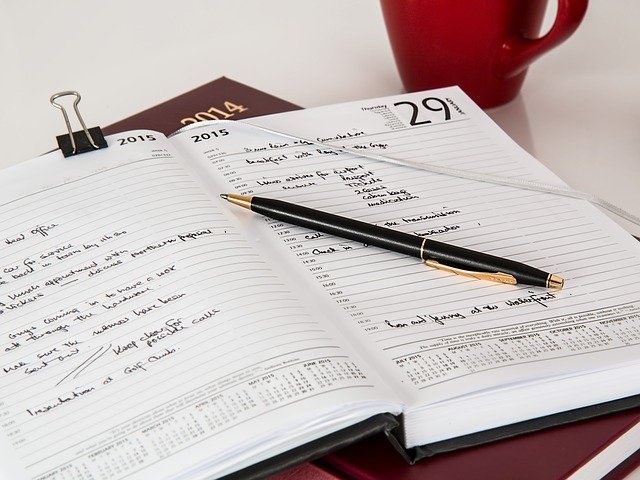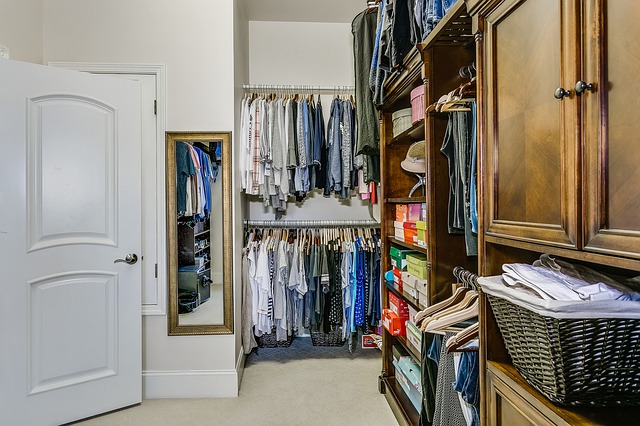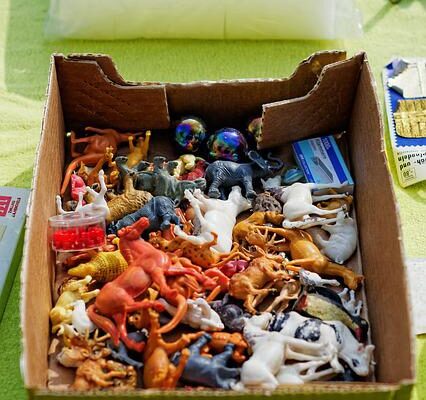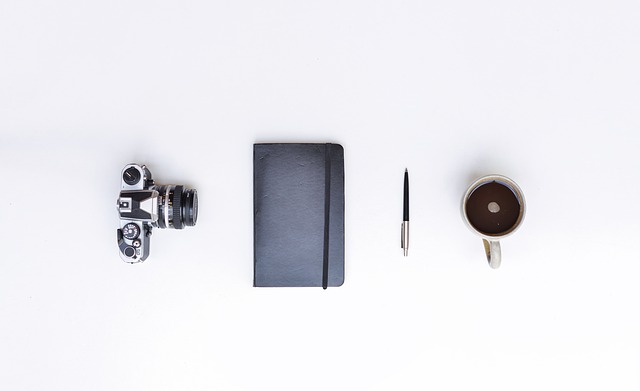The greatest method to declutter your house, workspace, and life is to take tiny steps at a time. Small efforts taken together will result in significant changes that will be easier to maintain in the long run.
Excessive clutter is frequently both a symptom and a source of stress, and it may affect every part of your life, from the time it takes you to do tasks to your money and overall enjoyment of life. Clutter can distract you, drag you down, and encourage disorder into your life in general.
If you don’t know where to start, tackling the clutter can appear to be an impossible chore. You’ll reap the benefits of beautiful living areas, decreased stress, and a more organized and productive life by spending a little of your time getting rid of clutter and keeping things relatively clutter-free.
Decluttering your life is crucial for mental peace and tranquility, so don’t overlook it.
Here’s a plan for decluttering your life and living a less stressed life:
1. Cut down on your commitments.

Our lives are frequently overburdened by all of the things we need to do at home, work, school, in our religious or civic life, with friends and family, hobbies, etc.
Make a list of all your commitments. Seeing it all written out can be an eye-opening and overwhelming experience. Examine each one and evaluate whether it truly provides you joy and value and whether it is worth the effort.
Another method for reducing your responsibilities is to find a handful that you actually enjoy and discard the others.
Learn how to deny offers and say no. You’ll have more time for the things you enjoy if you get rid of the items that don’t provide you joy or value.
2. Rethink your routines
Many of us lack routines in our everyday lives and approach our commitments, chores, and daily tasks carelessly. Without order, days can become chaotic, and productivity suffers.
Tasks should be grouped together. Do all of your washing on one day rather than multiple times throughout the week.
It’s a good idea to jot down all of your weekly and daily commitments, chores, and tasks before making them daily and weekly routines. Hang it somewhere visible and attempt to follow it. You may discover that establishing a schedule instills a new sense of serenity and order in your life.
Do You Want to Be More Organized? Get A Planner!
3. Clear up your friendships

It may appear cruel, but as you grow older, you’ll discover that some people are meant to be in your life longer than others. While you should spend more time with people who help you grow and make you happy, you should avoid toxic people who drain your energy.
How to Organize Your Workspace
Getting the clutter out of your work environment is critical if you want to be more productive and focused.
1. Begin with your desk
- Take everything off the top and everything out of the drawers.
- Make heaps of the things on the floor. Clean and wipe down your desk and admire how nice and tidy everything is.
- Sort through everything that was in and on your desk. Toss out as much of a tiny amount as feasible.
- After you’ve eliminated everything, it’s time to go through what’s left:
- Create an alphabetical filing system with a folder for each project or client. Organize your office materials and other belongings in specific drawers.
- Label things if necessary, but the primary thing you should do is select a space for any item you choose to retain and make sure it stays there or returns thereafter you’re done with it.
- Maintain a clear flat surface and an inbox for all incoming papers. When the papers arrive, sort them each day – throw, delegate, do right now, or simply file all paperwork, but DO NOT KEEP THEM ON TOP OF YOUR DESK.
All you need on your desk are your phone, computer, email, and possibly a particular photo, in addition to the things you are currently working on.
2. Clean up your computer
- Remove files and programs that you don’t require on your pc.
- Remove most or all of the icons from your desktop. They not only cause your computer to slow down, but they also generate visual clutter. There are better ways to get to your data.
- Purge old, unused files on a regular basis. If the organization isn’t your thing, use an application like Google Desktop to find files when you need them.
6. Then proceed to information
There are numerous ways that information enters our lives in today’s digital environment.
When there is an abundance of information, it can become overpowering, which is referred to as information clutter. Set limits instead of allowing information to take over your life.
Reduce the number of items you read each day and remove items from your RSS feed. Reduce your consumption of news and television by canceling your magazine subscriptions.
I’m not advocating you isolate yourself from the rest of the world; instead, putting some boundaries would help.
Instead of allowing information, especially that shared by friends on Facebook, to take control of your life, limit what you read.
How to Organize Your Home
Outside of work, we spend the majority of our time at home. It’s no surprise that a cluttered home can contribute to daily stress.
Make your rooms more simple
If your rooms are overly cluttered, you should simplify them.
Begin by removing anything from the floors. Unused items should be discarded or donated.
After you’ve cleared the floor, proceed on to flat surfaces like countertops, shelves, dresser tops, and so on. Clear them as much as possible before moving on to the furnishings.
Consider whether you require everything. Sort your belongings into piles – discard, donate, or retain.
Organize whatever you’ve selected to keep into drawers, cabinets, and closets, keeping everything out of sight while remaining nicely organized and tidy. Take it one room at a time.
1. Take on the closets

- Closets are a terrific location to store items that you don’t want on display, but they can quickly become a place where you shove things solely to keep them out of sight.
- Take everything out of your closets, clean it, throw it, and donate as much as you can.
- Determine a dedicated location for storing whatever you intend to maintain.
- Keep only the items you enjoy and use frequently. In terms of clothing, get rid of anything you haven’t worn in six months.
2. Organize your drawers
- Drawers are a popular spot for objects to be stuffed.
- Empty your drawers and categorize them according to whether you’re keeping, trashing, or donating them.
- If you’re having trouble determining what to retain and what to throw away, just box them and stashed it away for the time being.
How to Keep Order in the Long Run
After successfully decluttering one or more of the areas outlined above, clutter will undoubtedly begin to sneak back into your life. You must be attentive in weeding it out on a regular basis, or it will just retake control of your life:
1. Create a system to keep clutter under control
Examine how you do things and how things enter your life, and examine whether you can create a basic system for everything, from laundry to job projects and email.
Write out your systems step by step and try to adhere to them as closely as possible. Maintain your systems to keep the clutter to a minimum.
2. Don’t be lazy
It’s tempting to put things off for another day, but dealing with things right away will save you headaches in the long term.

Throw it out, donate it, or store it in a designated area.
To conclusion
When you are consistent and follow these decluttering methods religiously, you will find yourself less stressed and happy since you are surrounded by a lot less clutter.
Begin today, and start small. Begin by cleaning up your workplace, then move on to other elements of your life and get organized!

